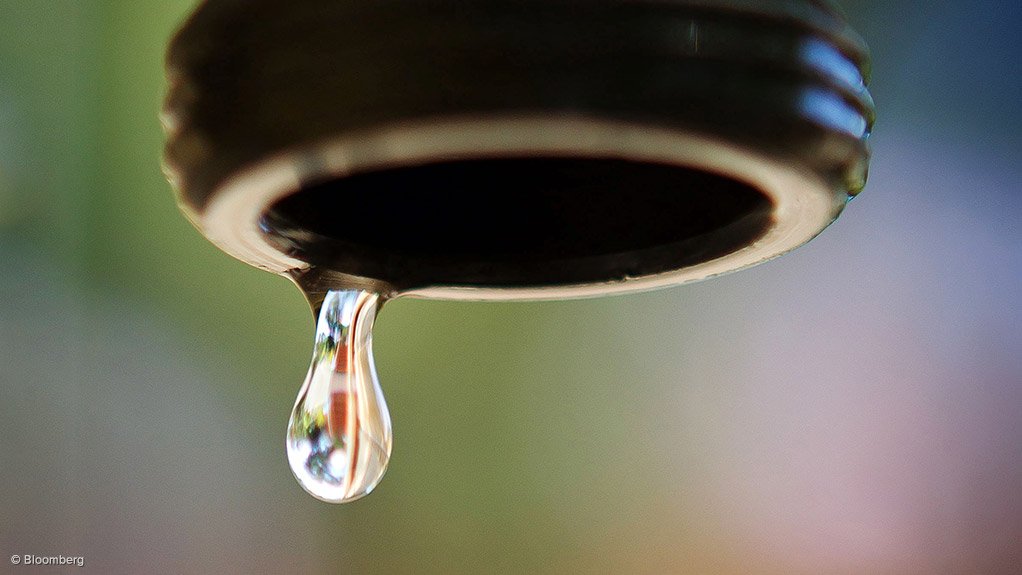/ MEDIA STATEMENT / The content on this page is not written by Polity.org.za, but is supplied by third parties. This content does not constitute news reporting by Polity.org.za.
Tremendous progress has been made over the past few decades in the delivery of basic services. The Community Survey 2016 found that 89,8% of households used piped water, 63,4% used flush toilets connected to either the public sewerage or to a local septic system, 63,9% of households receive refuse removal services, and that 87,6% of households had access to electricity.
These headline figures, however, hide a lot of variation across provinces, district councils and between local municipalities. Populations use a variety of service to satisfy their basic needs. Since using a single measure of household access would hide the combination of measures that are available in municipalities, this report uses an index to explore the complex interchange between different service delivery measures in more detail.
The combined service delivery index was highest for metropolitan municipalities (4,6) and lowest for rural municipalities (3,3). In terms of provinces, the highest composite scores were calculated for Western Cape (4,7) and Gauteng (4,6), while the lowest composite scores are observed in Limpopo (3,6), Eastern Cape (3,8) and Mpumalanga (3,9).
Although household perceptions of the services they receive vary greatly between municipalities, households in metropolitan municipalities are generally more satisfied than those in smaller municipalities, particularly rural municipalities. A simple correlation between municipal poverty
headcounts and the available infrastructure shows a strong positive relationship.
The relationship between household satisfaction with basic services and the quality of infrastructure can also be expressed as a strong positive correlation, meaning that poor households with inadequate access to services are most likely to be dissatisfied with those services. The report finally finds that 75% of households in South Africa did not believe that municipalities were actively addressing the issues they
felt were most important for households.
The full report is available on the Statistics South Africa website: www.statssa.gov.za
Issued by Statistics South Africa
EMAIL THIS ARTICLE SAVE THIS ARTICLE ARTICLE ENQUIRY
To subscribe email subscriptions@creamermedia.co.za or click here
To advertise email advertising@creamermedia.co.za or click here











